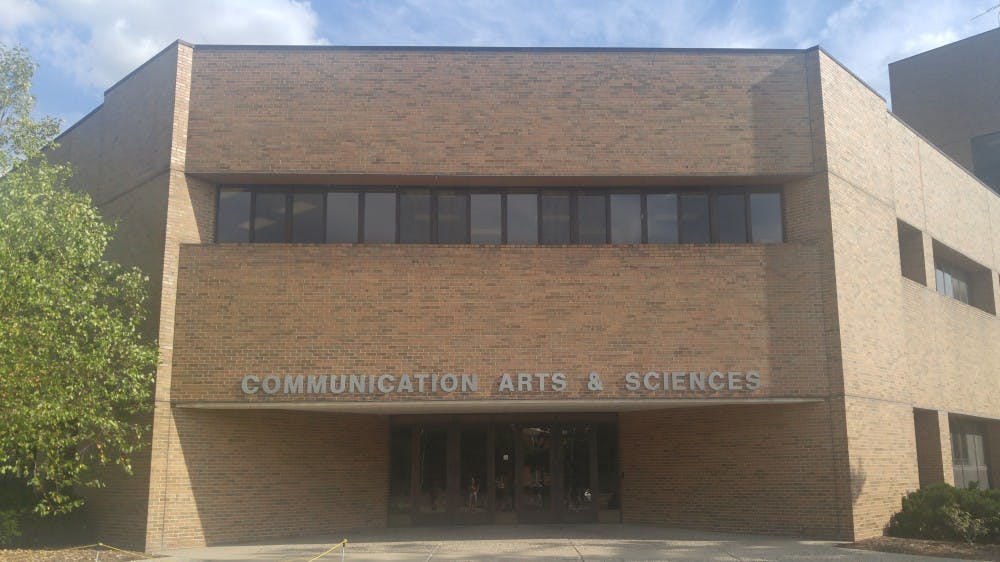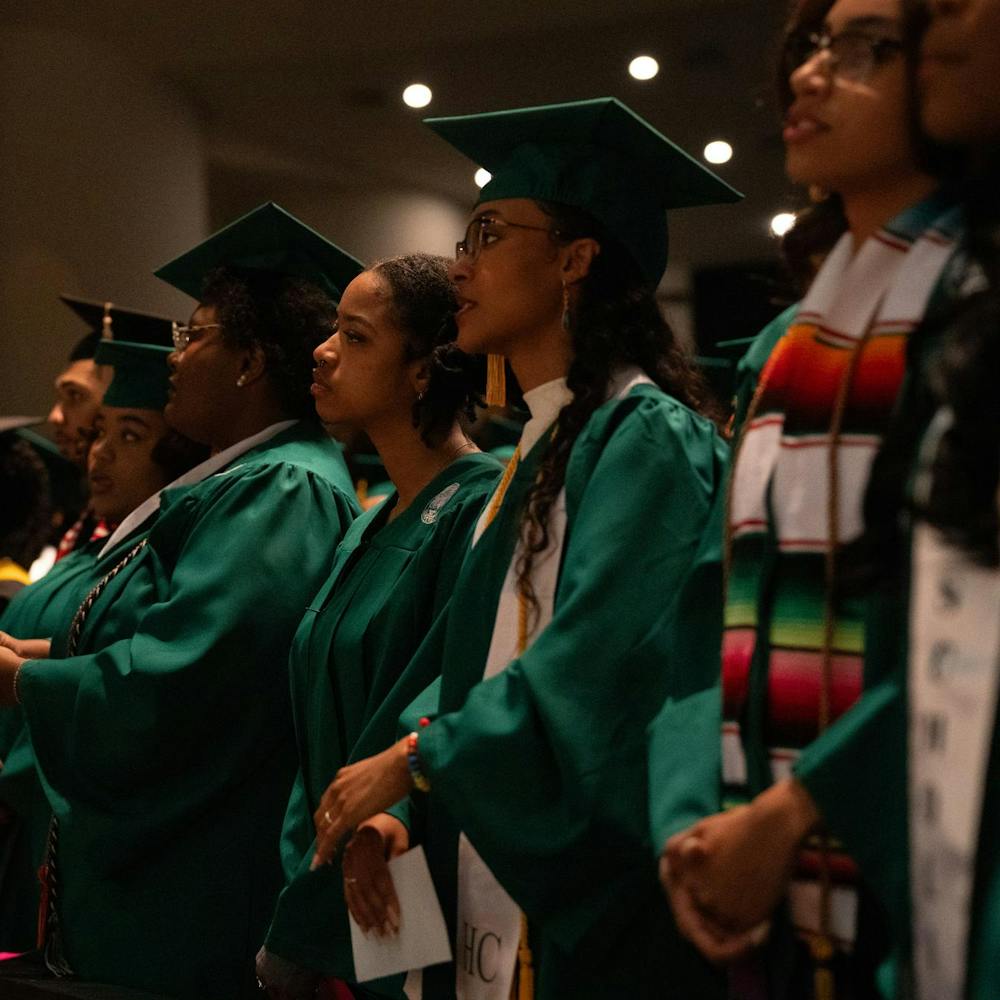The concept of "fake news" has become such a hot-button topic since the 2016 election that MSU students can now take a course entirely devoted to exploring the term.
Dr. Rachel Mourao, a journalism researcher from Brazil, is the instructor of JRN 492-4: Media Literacy in the Age of Fake News. She said the prevalence of what she calls "quasi-journalism" is a result of a media climate in which the consumer has many options.
"You do have a fragmentation of the media environment," Mourao said. Twenty years ago, your parents, my parents, they all sat in the living room to watch TV at the same time, so everyone got the same news. Each media diet is very individualized (now). My goal is not necessarily to get rid of fake news, because it's never going to happen."
Because this barrage of all types of media is essentially unavoidable, Mourao said the course isn't intended to shame or even prevent students from consuming news of questionable credibility, like clickbait or Buzzfeed quizzes. Rather, she wants students to have a higher awareness of who is producing content and think critically when consuming the news. Because anyone can produce media, from corporations looking to make a profit to those who purposefully produce misinformation for a political cause, she doesn't want her students blindly accepting what they consume.
"The newsmaking process behind it is different, so if I can have students thinking about how these different types of content came to be, I think we're gonna have success in this class," Mourao said.
Journalism junior Madison Job is currently taking the course. The Armada, Michigan native said the course strikes "a happy medium" in improving her ability to both produce and consume factual journalism.
"I know that fake news has been around for a while, but the term is being used more, so I just think having general knowledge of this subject is important," Job said. "Everyone at some point will make contact with the news, so it's just important to be literate and decisive and I guess not instantly believing everything that you read."
The course, although offered through the School of Journalism, is available to all students. The class website is also publicly available through Mourao's personal website, instead of MSU's restricted-access D2L interface, a move intended to allow those outside the class to boost their media literacy as well. Mourao hopes that not only will outsiders to the field of journalism learn more about what they consume, but journalism students will learn the importance of creating high-quality, truthful content.
"The concept of media literacy really puts all the responsibility on the consumer, like, 'If you consume fake news, it's your fault, you should've been more literate,'" Mourao said. "That's problematic. ... No matter how much we inform the consumer about this, there's still incentives here for producers to produce fake news."
The topic of consumers' roles in the prevalence of fake news has already been underway at MSU, even before the course debuted. William Dutton, director of the Quello Center at the Communication Arts and Science's building, is the author of a study into the effects of fake news and search algorithms on people's media diets. The study attempts to change the narrative of gullible consumers being solely at fault by publicizing ways Internet users use the web to benefit their media literacy, such as easily using search engines to check the news against the facts.
Although he finds many of the concerns over the impact of fake news to be "overstated, if not wrong," Dutton nevertheless said that JRN 492-4's effort to improve digital media literacy "sounds like a very worthwhile focus" in an email correspondence.
Mourao said by addressing all forms of fake news, from the Trump administration's use of the term to the shortcomings of modern reporting, the class can hopefully avoid the issue of bias on what can be a politically-charged topic. Job in particular sees the value of this course for students of all ideologies.
"No matter what political side you come from, it's still important to learn," Job said.
Support student media!
Please consider donating to The State News and help fund the future of journalism.
Discussion
Share and discuss “"Fake news" course aims to improve media consumption and production” on social media.







